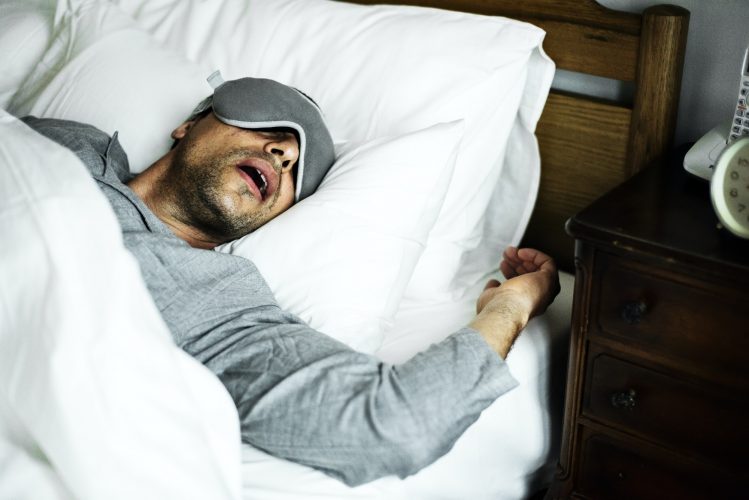Get active
Physical activity can pump up your feel-good endorphins and other natural neural chemicals that boost your sense of well-being. Exercise also can refocus your mind on your body’s movements.

This refocus can improve your mood and help the day’s irritations fade away. So go on a walk, take a jog, work in your garden, clean your house, bike, swim, weight train, vacuum or do anything else that gets you active.
Eat a healthy diet
Eating a healthy diet is an important part of taking care of yourself. Aim to eat many fruits, vegetables and whole grains.

Avoid unhealthy habits
Some people may deal with stress with unhealthy habits. These may include drinking too much caffeine or alcohol, smoking, eating too much, or using illegal substances. These habits can harm your health and increase your stress levels.

Meditate
During meditation, you focus your attention and quiet the stream of jumbled thoughts that may be crowding your mind and causing stress.

Meditation can give you a sense of calm, peace and balance that can help both your emotional well-being and your overall health. Meditation can empower us to enhance our well-being.
Laugh more
A good sense of humor can’t cure all ailments. But it can help you feel better, even if you have to force a fake laugh through your grumpiness. When you laugh, it lightens your mental load.

It also causes positive physical changes in the body. Laughter fires up and then cools down your stress response.
Connect with others
When you’re stressed and irritable, you may want to isolate yourself. Instead, reach out to family and friends and make social connections. Even one good friend who listens can make a difference.

Assert yourself
You might want to do it all, but you can’t, at least not without paying a price. Learning to say no or being willing to delegate can help you manage your to-do list and your stress.

Healthy boundaries are important in a wellness journey. Everyone has physical and emotional limits.
Try yoga
With its series of postures and breathing exercises, yoga is a popular stress reliever. Yoga brings together physical and mental disciplines that may help you reach peace of body and mind. Yoga can help you relax and ease stress and anxiety.

Try yoga on your own or find a class — you can find classes in many areas. Hatha yoga, especially, is a good stress reliever because of its slower pace and easier movements.
Get enough sleep
Stress can cause you to have trouble falling asleep. When you have too much to do — and too much to think about — your sleep can suffer. But sleep is the time when your brain and body recharge. Most adults need about 7 to 9 hours of sleep each night.






